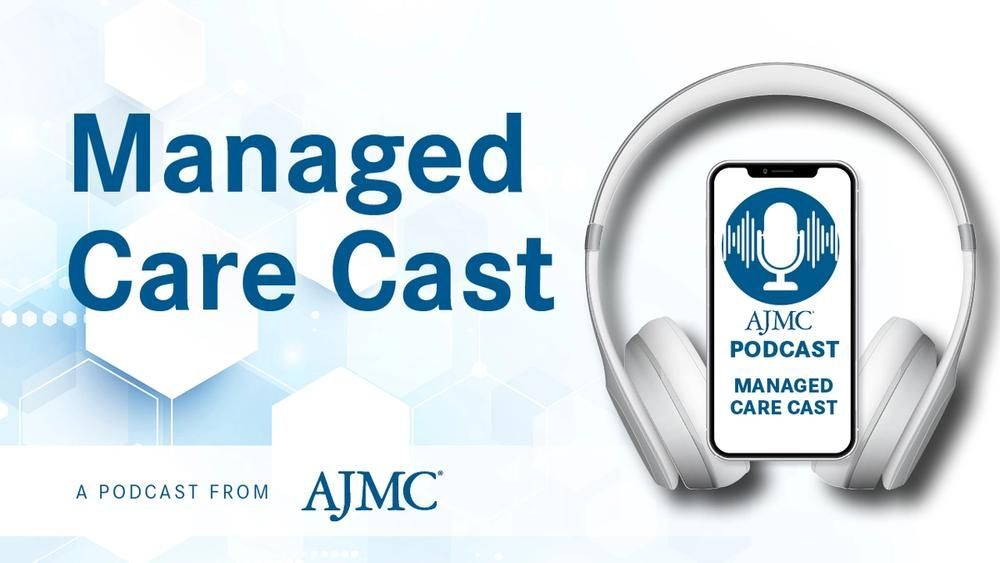News
Article
What We’re Reading: Hypertension Screening Needed; Wait Times in Primary Care; NJ Aid in Dying Lawsuit
Author(s):
Most people don’t know they have hypertension, and a new recommendation advises that pregnant women should be screened for blood pressure disorders at every appointment; patients in primary care face long wait times, which may be due to physician incentives under value-based payments; a lawsuit in New Jersey targets the residency requirement to allow aid in dying for those out of state.
Patients With Hypertension Unaware, as Prenatal Screening Recommended
Pregnant women should be screened for hypertensive disorders at each prenatal appointment, new guidelines suggest, as medical experts encourage action against growing threats to maternal health, according to The Wall Street Journal. This recommendation was made Tuesday by the US Preventive Services Task Force and broadens the 2017 guidance that said to regularly screen only for preeclampsia. Additionally, an estimated 1 in 3 adults globally live with hypertension, but most don’t receive adequate treatment because they don’t know they have it, according to a World Health Organization statement, reported The Washington Post. According to the statement, if just 50% of those with high blood pressure had control over the condition, 76 million deaths would be avoided by 2050.
Short Staffing, Long Wait Times Plague Primary Care Practices
In an opinion piece published by STAT News, an internist and clinical assistant professor highlighted that trouble in scheduling an urgent or time-sensitive appointment is now the most common complaint of patients in a primary care practice. This is not the exception, but the rule, the piece noted, and a 2022 countrywide survey showed that it takes an average of 20.6 days to get a family medicine appointment. The understaffed clinician workforce is just 1 reason for this trend, the author wrote; additionally, value-based payment has changed physician incentives in primary care practices other than concierge medicine.
NJ Lawsuit Aims to Bring Aid in Dying to Millions
Since 2019, aid in dying has been legal in New Jersey, but laws restrict assisting terminally ill residents to only those from the state, prompting a patient to take New Jersey officials to federal court to file a lawsuit to expand services, according to The New York Times. The lawsuit was filed in August and argues that New Jersey’s residency requirement violates the Constitutional privileges and immunities and equal protection clauses. The suit also says that prohibiting New Jersey doctors to assist in aid-in-dying care to out-of-state patients limits interstate commerce, the province of Congress. The New Jersey Attorney General’s office declined the opportunity to comment to the Times.
Newsletter
Stay ahead of policy, cost, and value—subscribe to AJMC for expert insights at the intersection of clinical care and health economics.





